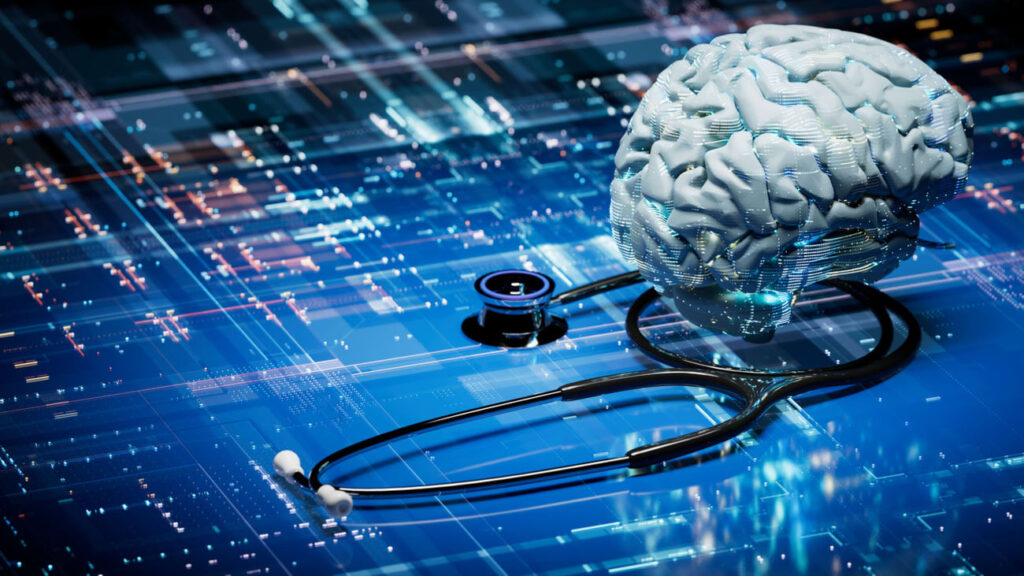Artificial Intelligence in Medicine: A Double-Edged Sword
In recent years, artificial intelligence (A.I.) has emerged as a powerful ally in the medical field, assisting healthcare professionals and patients alike in understanding and diagnosing various symptoms. However, as the influence of A.I. technology continues to expand within the realm of medicine, concerns regarding its implications have begun to surface.
The Rise of AI-Assisted Diagnosis
A.I.-driven tools can now analyze patient data and provide diagnostic suggestions at an impressive pace. These systems leverage large datasets to help identify patterns that may not be readily apparent to even the most experienced physicians. With the growing integration of A.I. in healthcare, there is an optimistic outlook on improved patient outcomes and reduced errors in diagnostic processes.
Benefits for Physicians and Patients
- Augmented Decision-Making: A.I. enhances the decision-making process for doctors by providing real-time analyses of symptoms and historical data.
- Increased Efficiency: Automated systems can streamline workflows, allowing physicians to focus more on patient interaction and care.
- Enhanced Patient Engagement: Patients can utilize A.I. applications to gain clarity on their symptoms before consultations, making discussions with healthcare providers more productive.
Potential Risks and Challenges
While the advantages of A.I. in medicine are considerable, the technology also poses significant challenges that must be carefully managed:
- Over-reliance: There is a risk that healthcare professionals may become overly reliant on A.I. tools, possibly leading to diminished skills in clinical reasoning over time.
- Data Privacy Concerns: As A.I. requires vast amounts of data to function effectively, there are serious concerns surrounding patient confidentiality and the secure handling of sensitive information.
- Bias in Algorithms: A.I. systems can perpetuate existing biases if the data they are trained on lacks diversity, potentially leading to inequitable healthcare outcomes.
Navigating the Future of AI in Healthcare
The journey into the realm of A.I.-driven medicine is ongoing, with regulatory bodies, technology developers, and healthcare professionals collaborating to establish best practices. As we evolve with this technology, it is imperative to maintain a balance between leveraging A.I. for diagnosis and preserving the essential human elements in patient care.
Comparative Analysis of A.I. Benefits and Risks
| Aspect | Benefits | Risks |
|---|---|---|
| Diagnostic Accuracy | Improved through pattern recognition | Potential over-reliance on A.I. suggestions |
| Efficiency | Streamlining workflow and data analysis | Loss of necessary human interaction |
| Patient Empowerment | Enhanced understanding of health issues | Information overload for patients |
In conclusion, as A.I. continues to reshape the landscape of healthcare, it is essential that stakeholders remain vigilant in recognizing both its potential and its pitfalls. Striking the right balance will ensure that technology complements rather than complicates the practice of medicine.

